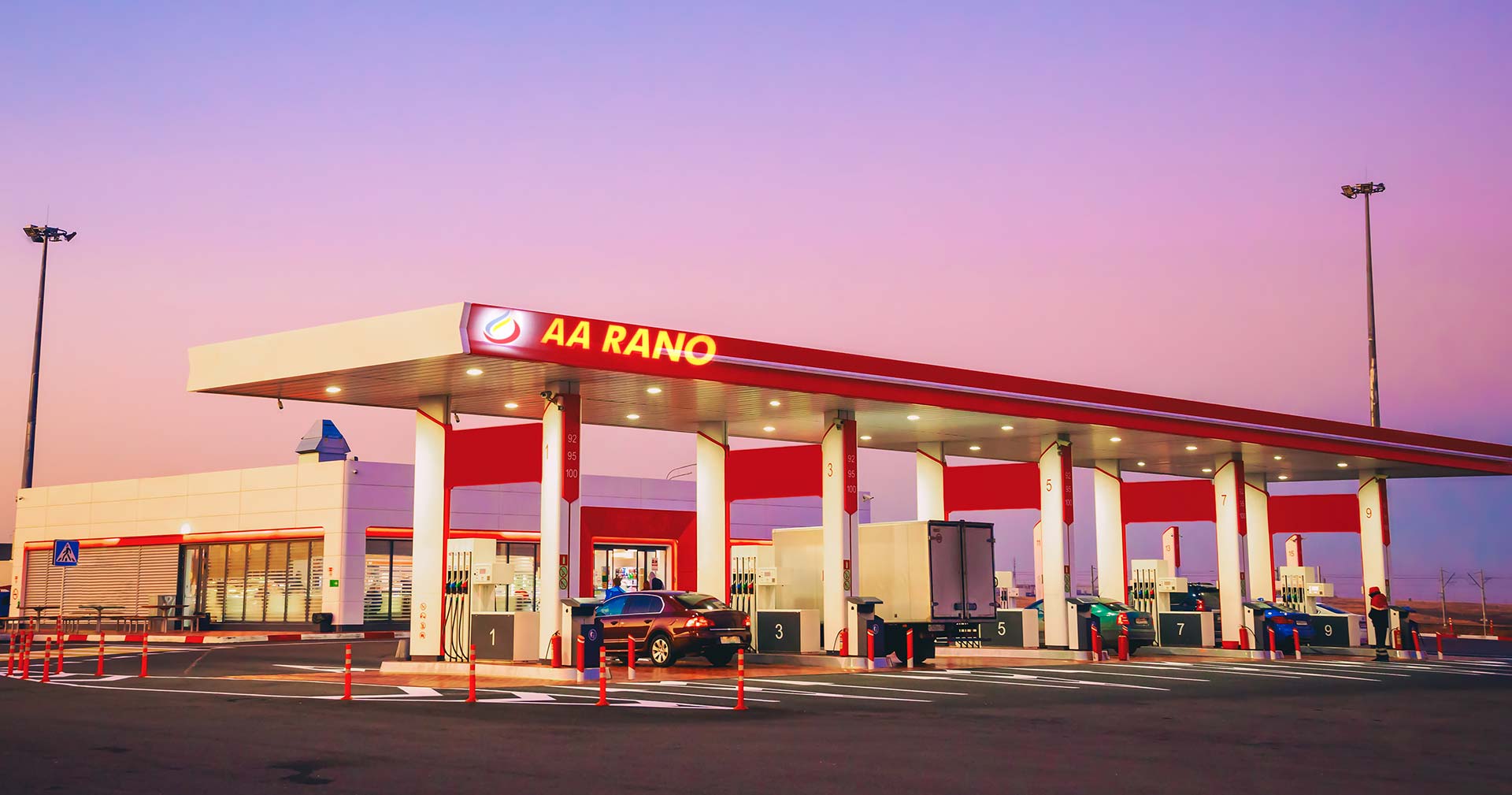Marine and Maritime Advocate, Captain Caleb Danladi, has called for coordinated and proactive solutions to the recurring boat mishaps on Nigeria’s inland waterways and coastal zones, emphasising that the loss of lives is preventable with the right policies and enforcement.
In a statement titled, “Safeguarding Lives at Sea — Proactive Solutions to Boat Mishaps in Nigeria’s Waters,” made available to journalists in Kaduna on Wednesday, Danladi expressed regret over the repeated tragedies that continue to claim lives and devastate communities, while urging stakeholders to focus less on blame and more on sustainable safety measures.
He emphasised the urgent need for robust, enforceable maritime regulations, including the compulsory use of life jackets, accurate passenger manifests, strict load limits, and certified crew requirements.
According to him, maritime safety agencies and local authorities must enforce these regulations through routine inspections, while also offering incentives for compliance.
Danladi, who is also the founder and CEO of Caleb Danladi Foundation, proposed introducing a digital boat registration system linked with GPS tracking to ensure accountability and rapid emergency response.
He urged the government and donors to support making the technology affordable for local operators.
To reduce response times during accidents, the maritime expert recommended establishing well-equipped search and rescue units at busy jetties and transit points.
These units, he said, should be equipped with trained divers, emergency radios, response boats, and designated rescue zones.
Acknowledging that many accidents occur in rural riverine areas, Danladi emphasised the need for community-based safety training. Such programmes, he noted, should cover water survival, first aid, and proper loading techniques, empowering both passengers and operators with life-saving knowledge.
He also advocated for mandatory licensing and ongoing training for boat operators, employing a national curriculum that covers navigation, weather interpretation, engine mechanics, and safety drills.
In addressing structural issues, Captain Danladi called for government collaboration with maritime engineers and local builders to phase out substandard vessels and replace them with certified, safe models.
To enhance inter-agency effectiveness, he urged greater cooperation among NIMASA, NIWA, state marine units, and traditional institutions through joint patrols and information sharing to close operational gaps.
He, however, challenged the government to develop marine insurance schemes to mitigate the impact on victims’ families.






